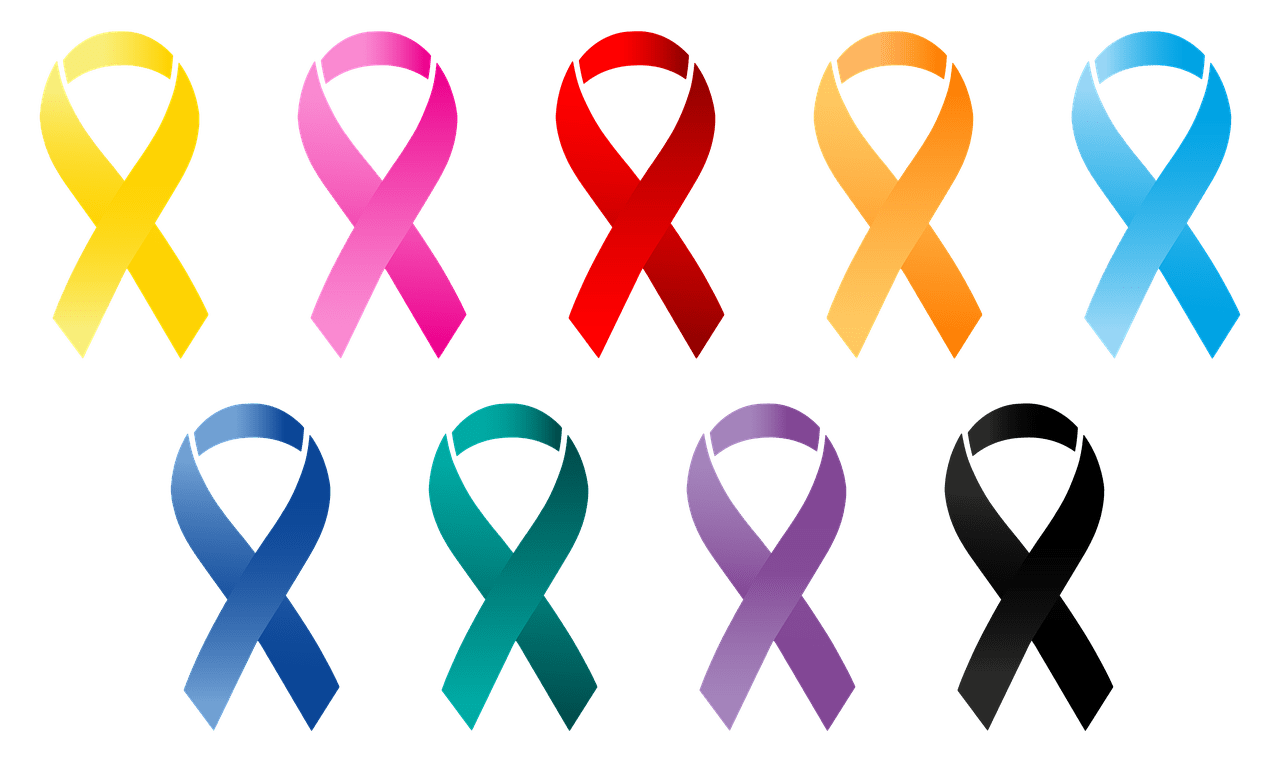
What to do After a Cancer Diagnosis
A cancer diagnosis can be overwhelming. You may feel like you are in shock and that you are not able to think straight. However, it is essential to remember that you are not alone. Here are some things you can do after receiving a cancer diagnosis.
Seek a Second Opinion
One of the first things you should do after a cancer diagnosis is to seek a second opinion. This is especially important if you need to be given all of the information from your first doctor. A second opinion can provide peace of mind and help you create a treatment plan that is right for you.
Learn About Your Type of Cancer
The next thing that you should do is learn about your type of cancer. This includes understanding the stages, treatments, and side effects. The more information you have, the better you will be at making decisions about your care.
Create a Support System
It is essential to have a support system when coping with a cancer diagnosis. This could include family, friends, co-workers, or even support groups for people with cancer. Lean on your support system for help and advice when needed. You can also find support through therapy, an excellent option to explore.
Talk To Your Doctor About Treatment Options
After receiving a second opinion and gathering more information about your type of cancer, it is time to talk to your doctor about treatment options. This is an important decision, so ask lots of questions and get all the necessary information before deciding. There are a lot of free resources online to help you understand the different treatment options available.
Keep Records
You must keep records of all medical appointments, tests, treatments, and medications. This will help you remember what has been done and discussed during each appointment. If there are ever any questions or discrepancies, having a record can help resolve them quickly. You can also use this information to track your progress with treatment.
Focus on Taking Care Of Yourself
Finally, focusing on taking care of yourself physically and emotionally during this time is essential. Eat healthy foods, exercise, get plenty of rest, and find ways to relax and de-stress. Taking care of yourself will help you cope with the diagnosis and treatment process. Some other healthy coping mechanisms include yoga, meditation, or journaling.
Receiving a cancer diagnosis can be overwhelming, but there are things that you can do to cope with the news:
- Seek out a second opinion.
- Learn as much as possible about your type of cancer, including staging, treatments, and side effects.
- Create a supportive network of family and friends who can offer help when needed.
- Talk to your doctor about treatment options, and ask many questions before making any decisions.
- Focus on taking care of yourself physically and emotionally by eating well, exercising, getting enough rest, and finding ways to relax and stay positive throughout the process.
Following these tips can make dealing with a cancer diagnosis on a daily life basis.






